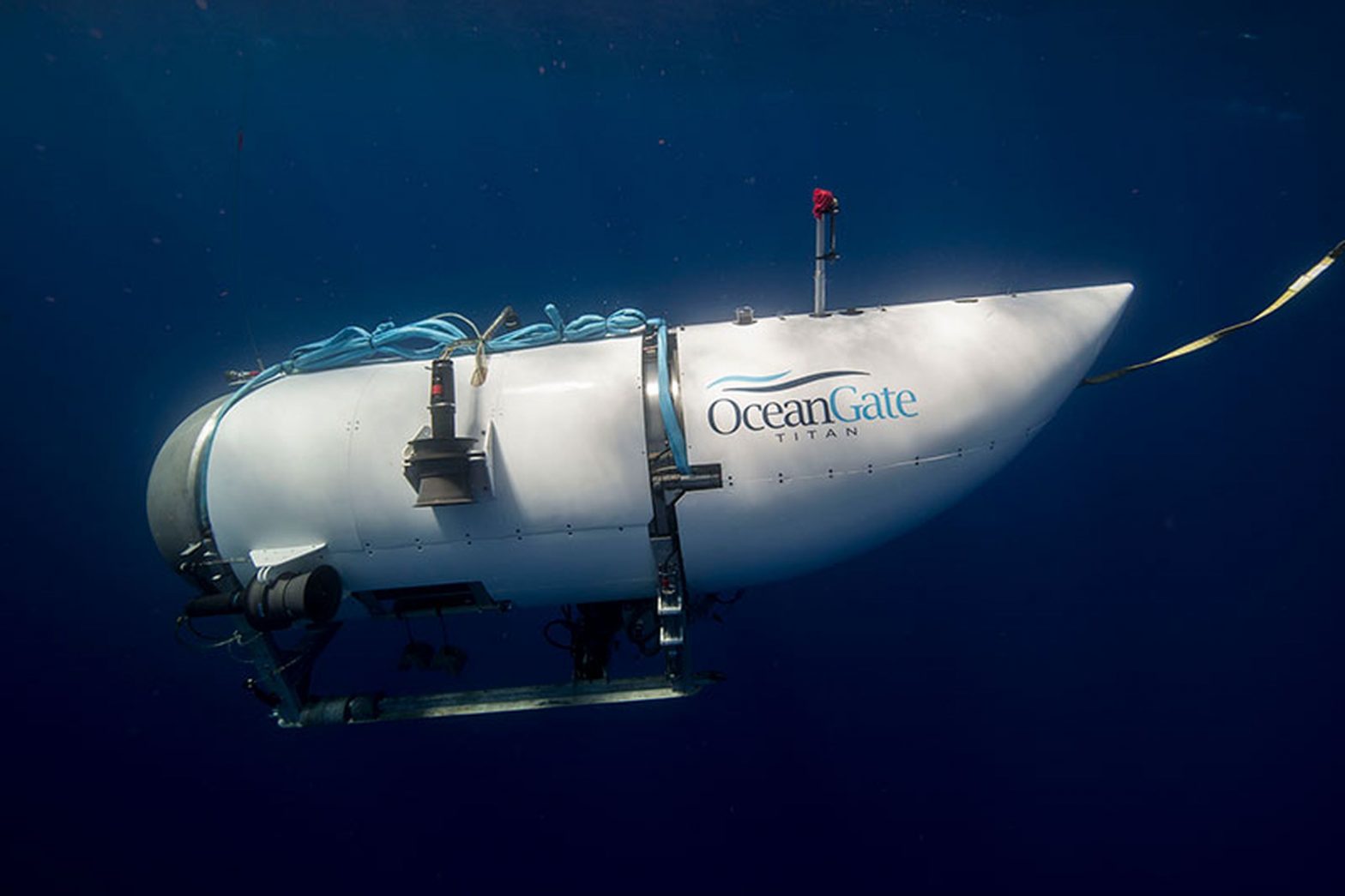/
A former employee testified about the ‘idiotic’ process required to map the Titan’s location on the sea floor.
Share this story
:format(webp)/cdn.vox-cdn.com/uploads/chorus_asset/file/24740705/titan_side_view_bks.jpg)
A former OceanGate contractor, Antonella Wilby, testified before a U.S. Coast Guard panel on Friday that the company’s Titan submarine, which imploded last year during a dive to the Titanic’s wreckage, relied on an incredibly convoluted navigation system.
As Wilby described it during the US Coast Guard Marine Board of Investigation hearing, the Titan’s GPS-like ultra-short baseline (USBL) acoustic positioning system generated data on a sub’s velocity, depth, and position using sound pings.
:format(webp)/cdn.vox-cdn.com/uploads/chorus_asset/file/25632052/oceangate.jpg)
That information is typically automatically loaded into mapping software to keep track of a sub’s position. But Wilby said that for the Titan, the coordinate data was transcribed into a notebook by hand and then entered into Excel before loading the spreadsheet into mapping software to track the sub’s position on a hand-drawn map of the wreckage.
The OceanGate team tried to perform these updates at least every five minutes, but it was a slow, manual process done while communicating with the gamepad-controlled sub via short text messages. When Wilby recommended the company use standard software to process ping data and plot the sub’s telemetry automatically, the response was that the company wanted to develop an in-house system, but didn’t have enough time.
Wilby was later taken off the team and flew home after telling supervisors, “This is an idiotic way to do navigation.” She also testified that after Dive 80 in 2022, a loud bang / explosion was heard during the Titan’s ascent and that it was loud enough to be heard from the surface.
This mirrors testimony given yesterday by OceanGate’s former scientific director, Steven Ross. Like Wilby, he said that the sound was attributed to a shifting of the pressure hull in its plastic cradle, although Wilby testified that there were only “a few microns” of damage.
According to Ross, six days before the Titan submarine imploded, the sub’s pilot and the company’s co-founder, Stockton Rush, crashed the vessel into a launch mechanism bulkhead while the vessel was attempting to resurface from Dive 87. The incident was caused by a malfunction with a ballast tank, which inverted the submarine, causing other passengers to “tumble about,” according to the Associated Press. No one was injured during the incident, but Ross said he did not know if an inspection of the sub was carried out afterward.
